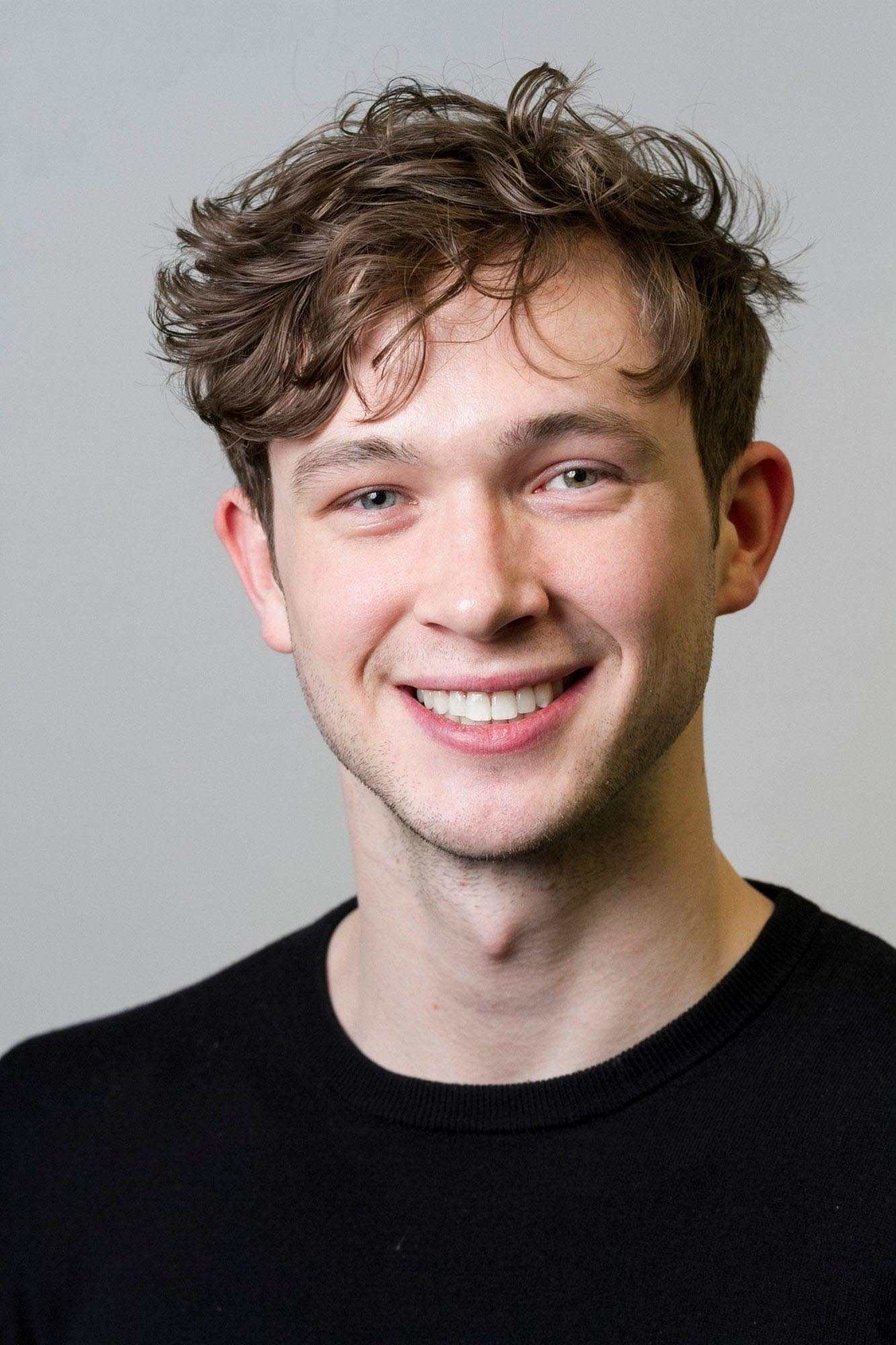Call Now Open
2026 Oxford-Harrington Rare Disease Scholar Award

Immunology
A Novel Human Tissue-on-a-Chip Approach for Predicting the Safety of CAR-T Cell Therapies
2022 Harrington-MSTP Scholar
Although chimeric antigen receptor T cell therapy (CAR-T) shows promise for fighting CD-19 leukemias, it has serious challenges. The approach is tremendously expensive, and it carries risk of immune effector cell-associated neurotoxicity syndrome (ICANS). William Wulftange is developing novel, human tissue-on-a-chip assays for predicting CAR-T cell therapy safety and efficacy prior to patient treatment.
CAR-T personalized medicine involves drawing T cells from a patient, genetically modifying them, then reinfusing them to detect and attack target antigens on cancer cells. By replicating the narrowing channels of human microvasculature onto a tiny wafer, Mr. Wulftange can see how naïve and engineered T cells travel through a model environment.
Tissue-on-a-chip reveals—with high precision—T cell functionality, including interactions with proteins and binding to blood vessel walls. With a few thousand T cells, the test platform can deliver multiple answers in about three hours, a huge advantage for clinicians with patients awaiting treatment.
Leveraging the expertise of the Gurkan Biomanufacturing and Microfabrication and the Tesar Neuroscience labs at Case Western Reserve University, along with support and strategic assistance of Harrington Discovery Institute, Mr. Wulftange is optimizing the technology and preparing for commercialization.
Timely success of this versatile platform can set a precedent for future clinical CAR-T cell therapy assays, positioning the technology at the forefront of adoptive T cell treatment development.
“With the novel and translational nature of tissue-on-a-chip assays, we believe we can capture a significant space in the patenting landscape,” Mr. Wulftange notes. “Our hope is that this technology one day helps lower cost and risk of groundbreaking cancer treatments.”
Dive into the world of revolutionary cancer treatment with William Wulftange, a 2022 Harrington-MSTP Scholar from Case Western Reserve University. CAR T-cell therapy is changing the game in the fight against leukemia, with some patients achieving total cancer-free status for a decade. However, these therapies come with severe side effects that can be life-threatening. He's designing cutting-edge assays to test the biomechanical properties of CAR T-cells. By doing so, he aims to determine whether a specific therapy is both safe and effective for the patient receiving it.